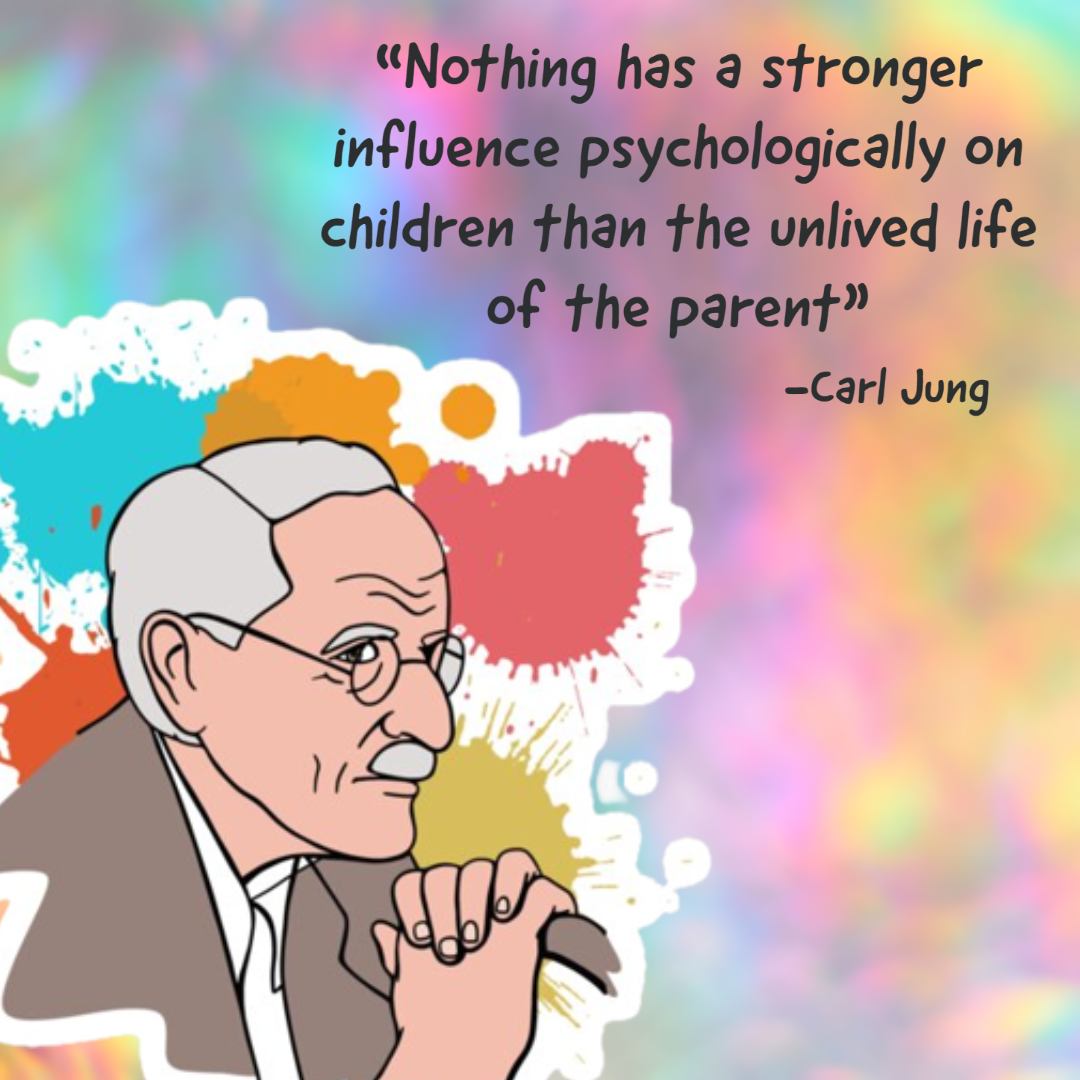Carl Jung, a Swiss psychiatrist and psychoanalyst described collective unconscious as human beings being connected to each other and their ancestors through a shared set of experiences. It is a deeper layer of the unconscious mind that contains universal symbols, archetypes, and collective experiences shared by all humans throughout history. It is a reservoir of inherited psychic material that is not dependent on personal experience but is part of the collective heritage of humanity.
This collective consciousness is used to give meaning to the world. Humans differ from other living organisms by having an innate and intrinsic desire to lead fruitful and productive lives. It is purely human behavior to attribute meaning to life and view life’s meaning as simply more than procreation. Every human has this potential of living a meaningful life, however when this potential is remained unexplored it tends to leave a void and a feeling of purposelessness.
It was Carl Jung who said
‘Nothing has a stronger influence psychologically on children than the unlived life of a parent.’
This quote reflects Jung’s perspective on how the experiences and unresolved issues of previous generations can impact individuals and their psychological development. Jung believed that individuals are not only shaped by their personal experiences but also by the collective experiences and unresolved conflicts of their ancestors, which are passed down through the collective unconscious.
Jung suggested that when parents fail to explore and fulfill their own potential or live a meaningful life, their unlived desires and unaddressed issues can have a psychological impact on their children.
This concept of unlived life is understood by psychotherapists as the unfulfilled parts of the parent’s life that they directly or indirectly pressure their children to fulfill. Parents might feel stuck in their own lives as the arrival of their offspring cause their own lives to be put on the backburner. Children have innate sense of empathy and emulate this feeling of ‘stuckness’. They might compensate for this by prioritizing their parent’s needs and forgoing their own.
In some cases, parents may have had unfulfilled dreams or ambitions in a particular field or profession, and they may unconsciously or consciously pressure their children to excel in those areas. This can stem from a desire to see their own unfulfilled potential realized through their children. However, such expectations can place a heavy burden on the children, causing them to prioritize their parents’ desires over their own passions and needs. Another example is when parents seek emotional fulfillment or support from their children, which can occur in situations where the parents’ relationship is strained or lacking. Children may be forced into assuming adult roles or responsibilities, taking on the burden of managing their parents’ emotional well-being. This ‘parentification’ can lead to a premature loss of childhood and hinder the child’s ability to develop a healthy sense of self and autonomy.
In both cases, the children may internalize a sense of obligation or guilt, feeling responsible for fulfilling their parents’ unlived lives. They may suppress their own desires, needs, and individuality in order to meet their parents’ expectations or to maintain harmony within the family dynamic. This can result in a lack of self-fulfillment, difficulty in establishing boundaries, and a diminished sense of personal agency.
.
The pressures and expectations that parents project onto their children to fulfill their own unfulfilled desires or aspirations can have a significant impact on the children’s development and well-being.
‘Parents must realize that they are trees from which fruit falls in the autumn. Children don’t belong to their parents, and they are only apparently produced by them’
-Carl Jung, letters Vol. 1 pages 217-218
Psychotherapists often work with individuals who have experienced these dynamics to help them explore and understand the impact of their parents’ unlived lives on their own development. Therapy can provide a supportive space for individuals to process their experiences, identify their own needs and desires, and develop healthier ways of relating to themselves and others. It requires an understanding in the shift in focus from individual blame to recognizing the historical and systematic factors contributing to the transmission of trauma across generations.
It’s also important to recognize that these dynamics are complex, and not all children will be affected in the same way. Each individual and family situation is unique, and the impact of the unlived life of a parent can vary depending on various factors such as the child’s temperament, resilience, and the overall family dynamics.

